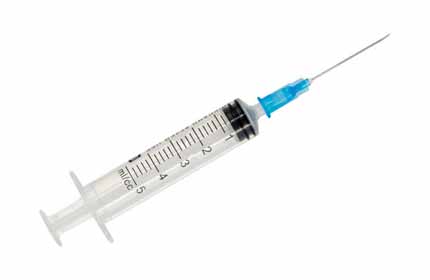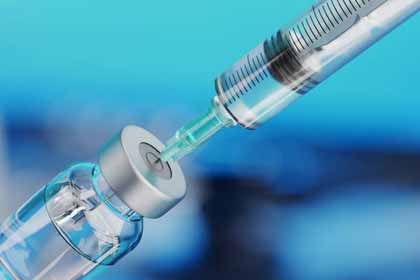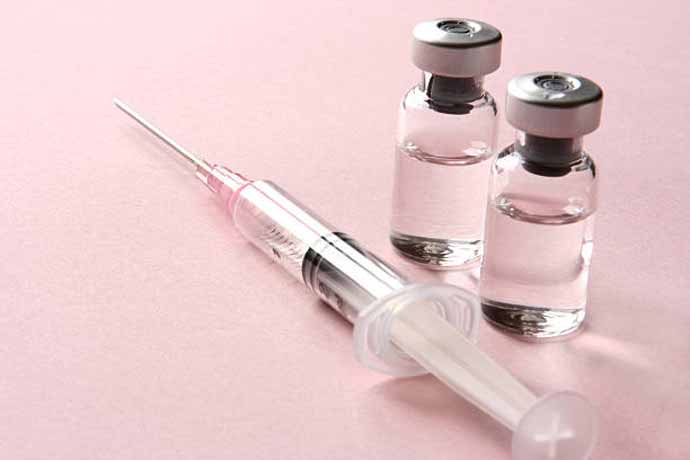Choosing the right syringe and needle for the type of injection you’re planning on performing is vital. Depending on the viscosity of the fluid you plan to inject, the needle needs to be of the right gauge. Purchasing the right syringe for your medication or fluid is important, and you need to learn more about the various types. Ask a staff member for assistance if you’re unsure.
Removable vs fixed syringes

In the world of medical device technology, there are several differences between fixed and removable syringes. A removable syringe is a one-piece syringe that is easy to replace if it becomes damaged. In addition, it is autoclavable. In contrast, a fixed syringe has a fixed needle that is attached to a glass barrel. There are several types of syringes, each designed for a specific purpose.
Interchangeable needles
While buying syringes and needles, it is vital to consider many factors. Some of these include needle gauge, length, width, and diameter. Using a guide such as this can help you choose the right product, browse around this site.
Luer lock syringes
Luer lock syringes provide a secure connection between the syringe and needle. They have a tapered end that screw into the syringe, making them the industry standard. They come in several types, including negative pressure syringes, control syringes, and two-piece syringes. Luer lock needles are also available in a variety of gauges from 10 to 30 gauge.
Luer slip syringes
When purchasing a syringe, it’s important to know what it’s made of. There are many different types, some of which are disposable. While most are easy to use and come with a needle attached, others require that the needle be removed from the syringe before injecting. One type of syringe, also called a Luer Lok syringe, requires that the needle be inserted and twisted into the syringe; another type, called a Luer Slip, requires only pushing the needle into the syringe itself.
Chaney adaptor

Choosing a Chaney adaptor for your syringes and needles is important to prevent misalignment, which can damage the syringe and needle. The adapter is factory-installed, which eliminates the risk of wrong assembly, which is particularly critical in syringes of the 7000 series, which feature small plunger wires. Some models may require special documentation. For these customers, Hamilton’s “Custom Built” program is available. Through this program, a dedicated R&D Engineer from Hamilton will review your needs and recommend a standard solution or a more custom one that best suits your needs.
Size of needle
When selecting syringes for various medical procedures, it is important to consider the size of the needle. Different types of needles require different sizes. You can choose from different gauges to match the volume of the medication you will inject. Different types of needles also require different lengths. To find the right needle size, consult a needle gauge chart, which shows the maximum and minimum lengths.
Conclusion:
When selecting syringes, it is important to pay attention to the type of adapter that is required and to the size of needle that will be needed for the medication you are using. Additionally, it is helpful to consult a needle gauge chart in order to find the correct length for your needle.
